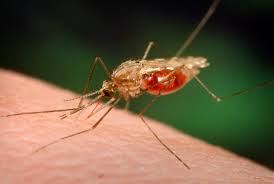Scale-up in effective malaria control dramatically reduces deaths

The number of people dying from malaria has fallen dramatically since 2000 and malaria cases are also steadily declining, according to the World malaria report 2014. Between 2000 and 2013, the malaria mortality rate decreased by 47% worldwide and by 54% in the WHO African Region – where about 90% of malaria deaths occur.
New analysis across sub-Saharan Africa reveals that despite a 43% population increase, fewer people are infected or carry asymptomatic malaria infections every year: the number of people infected fell from 173 million in 2000 to 128 million in 2013.
“We can win the fight against malaria,
 Follow
Follow